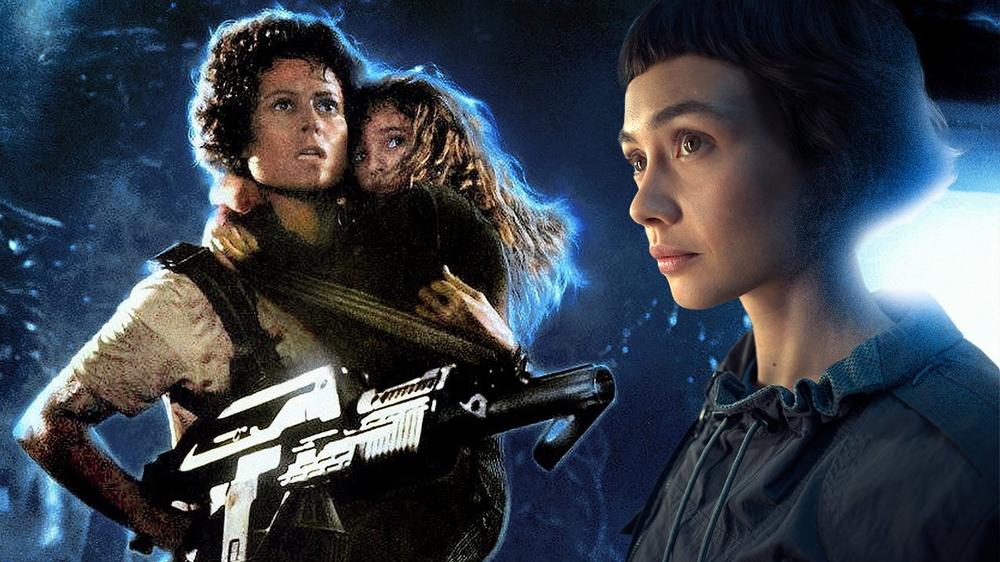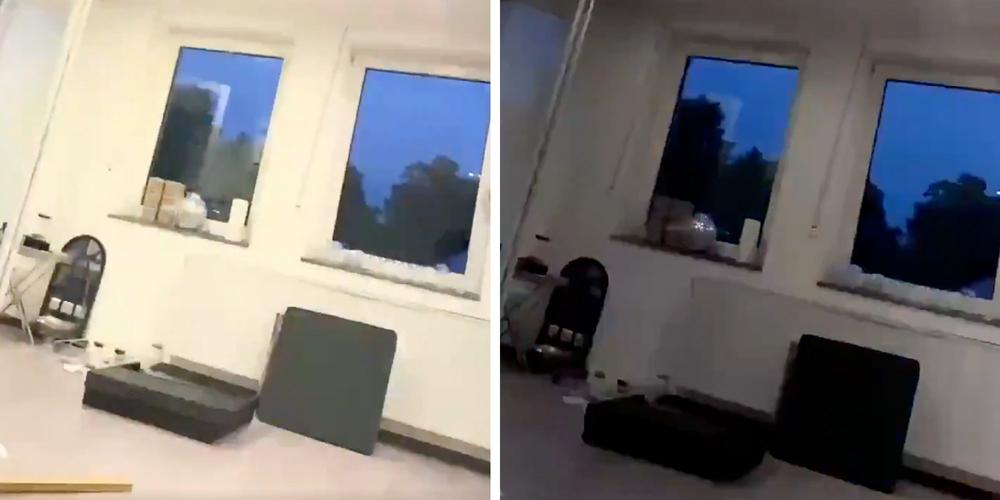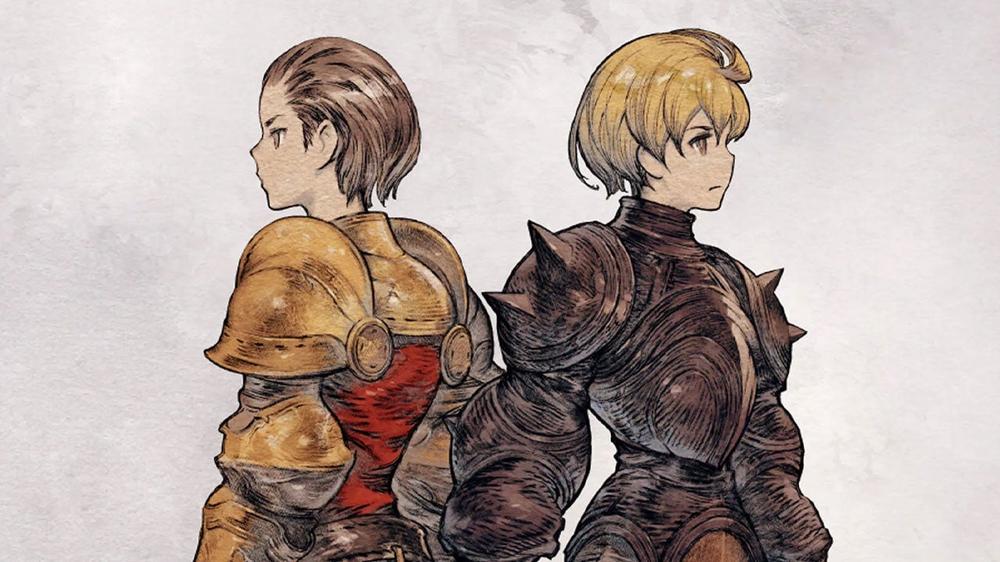This article contains spoilers for the Alien: Earth Season 1 finale.
Who are the real monsters on Alien: Earth? That’s literally the title of the final episode of Season 1, “The Real Monsters,” but it’s also the theme the whole season has been playing with on FX and Hulu – or at least, one of the big ones. There are the obvious monsters, of course, like the xenomorph and everyone’s fave horrible octopus thing, the Eye. But as usual for the Alien franchise, those are mostly external factors causing stress on the more human and synth characters, leading to a big question at the end of the season as to whether the monsters have lost the delicate game being played, or if they’ve taken over the asylum.
Written by Noah Hawley and Migizi Pensoneau, and directed by Dana Gonzales, the surprisingly short finale has a lot going on. The distilled version is that with Yutani (Sandra Yi Sencindiver) closing in on Boy Kavalier’s (Samuel Blenkin) science playground of Neverland in order to take back her extraterrestrial property, which Boy Kavalier stole from a crashed ship called the Maginot, everyone goes…well, a little nuts.
The Lost Boys, led by Wendy (Sydney Chandler), realize a couple of things while being imprisoned in a holding cell. First, they accept that they did indeed die during the procedure, which ostensibly put their consciousnesses inside synth bodies. They’re not kids in adult synth bodies, nor are they synths who think they’re human; they’re something else entirely, and the contrast is clear between them and, for example, Atom Eins (Adrian Edmondson), Boy Kavalier’s right-hand man, who turns out to be a synth. In a key scene, Wendy uses her god-like machine-hacking powers to freeze Atom, giving him a light knock to push him to the floor. Wendy has free will; a run-of-the-mill synth like Atom does not.
It’s Nibs (Lily Newmark) who figures out what their role can be in this episode, though. “We’re all ghosts,” she says. What do ghosts do? They haunt things. That takes the literal form of Wendy bringing up footage of the children who died, expressing hope for their futures after the synth process, to drive Dame Sylvia (Essie Davis) mad. But it also points to the place we end up with in the final shot of the episode, with all the faithful employees of Boy Kavalier’s Prodigy corporation – including Boy Kavalier himself – locked in a cage while the Lost Boys have taken over the otherwise empty facility. Prodigy, as a corporation, is already dead, thanks to the incoming incursion from Yutani. It’s an abandoned mansion, and the Lost Boys are the shades of Boy Kavalier’s greatest sin – killing six children to sell robots and the empty promise of immortality to rich people – forever rattling around inside the walls.
To take this a step further, there’s a pretty key conversation earlier in the episode between the Yutani-aligned cyborg Morrow (Babou Ceesay) and Wendy’s mostly human brother, Joe (Alex Lawther), when this particular mismatched duo is locked in their own cage together. Talking about how Joe’s lung has been replaced by Boy Kavalier, something that has extended Joe’s indentured servitude to the Prodigy corporation, Morrow asks: “When the corporation gives you something, there’s always a price. Do you know what it is?”
“Everything,” Joe answers.
Morrow then fires back: “Everything doesn’t begin to cover it.”
The essential conflict of the Alien franchise is, and always has been, not humans versus xenomorphs, but humans versus other humans or their tools and edicts. More specifically, this usually takes the form of the Weyland-Yutani corporation, who owns the lives of the latest batch of chum they’ve sent to retrieve a few xenomorph eggs. Even the execs who represent the corporation, like Carter Burke (Paul Reiser) in Aliens or the cloning scientists in Alien: Resurrection are more disposable fuel for the fire when it comes to the monolithic business our heroes are actually fighting against.
Alien: Earth introduced the idea that Earth is now owned and run by five corporations. That means every soul on Earth – human, cyborg, and synth alike – owes their lives and deaths to one of five companies, and for the most part, they don’t even rank as chess pieces like Morrow. They’re checkers at best who will never get to be king.
The Lost Boys are now the lone exception to this rule. Despite everything – despite six children dying, despite the trauma they were thrown into by Prodigy in the wreck of the Maginot, despite being told by Boy Kavalier that they’re nothing but “floor models” – they persevered and gained their independence by episode’s end. They’ve retaken their given human names, but are anything but. They’ve shaken off their skin, like the xenomorph, and become something more…something new.
To be clear, they’re still inside a Prodigy facility by the final shot of the season, and Yutani is coming to claim them and all the monsters inside. So it’s more than likely this is only a temporary reprieve until next season, when we could potentially shift the action from Prodigy to Weyland-Yutani. But for now? They’re the ghosts in the machine, the ones causing problems and ready to bring the whole thing down if they can. They don’t actually do that, mind you, and we’ll explain why in a second. But to return to the initial question: Who are the real monsters? It’s corporations, of course. Alexa, play “Animal” by Pearl Jam.
Yeah, But What About the Xenomorph and the Other Monsters? Aren’t They the "Real Monsters?"
Taking a step back from Wendy and her crew, there are still plenty of beastie bits in the final episode. The biggest one is the Eye, aka Midge, who Boy Kavalier becomes enamored with. He wants to have one good conversation, and he thinks letting the Eye take over a human being will let him do that. It leads to the biggest monster fight in the episode, as Joe is lured into Boy Kavalier’s office while Midge – who just wants to survive by popping out eyeballs and has never done anything wrong in her entire, precious life (the little dear) – sneaks around and tries to take over his body.
Wendy stops Midge, who crawls to the beach where Arthur Sylvia’s (David Rysdahl) body is rotting after dying via chestburster two episodes back. Also of note, crabs are crawling all over his corpse, and in a darkly comic moment at the top of the episode, the xenomorph stares at the crab. Game recognize game?
In any case, we leave the true hero of Alien: Earth, Midge, having taken over Arthur’s corpse. Good on Rysdahl for getting work for Season 2, but when it comes to Midge, puppeting a corpse may not be sustainable in the long term. So watch out, everyone else’s eyeballs!
We also find out what’s up with D. Plumbicare, aka the weird hanging pod found on the Maginot. As it turns out, it’s some sort of manta ray-type thing that can crawl on the walls, then picks up its victim and bloodily squeezes and consumes them. Gross!
Whither ya boy the xenomorph, though? We mentioned the xeno – it is the titular role, after all! – who has a serious bond with Wendy and was wandering around the island…and that’s kind of it. Wendy is essentially using what is the apex predator of the whole franchise as an attack dog, which is a curious thing given the power dynamics we discussed earlier: Prodigy is attempting to control the Lost Boys, and they’re breaking free of that control. So it would likely only be a matter of time before Wendy starts to lose her own control over the xenomorphs, as she now has two of them: the one that gestated in Joe’s lung, and the baby one that came out of Arthur.
More to the point, Wendy is now the apex predator, not the xenomorph. As we said, the aliens in Alien are always an external stressor on the characters, who have a bit more of the dialogue and emotional depth. But we’ve now gotten multiple scenes throughout the season of a xenomorph approaching a main character, looking at them, and then for various reasons not killing them. It happened with Morrow earlier in the season, and it happened in this episode with Dame Sylvia.
Ostensibly, the reason is that it gets interrupted by (usually) a squad of soldiers. We do get to see the xeno has killed nearly everyone else in Neverland, though usually in a briefly glimpsed aftermath, not the act itself. But look, heady themes about anti-corporate culture are all well and good, but we also watch these movies – and this show – because we want to see the xenomorph absolutely rip people to shreds. Maybe that’s how Alien, which was initially made by large corporation Fox and now owned by large corporation Disney, satiates the masses in a similar way to how Prodigy provides comfort for its soldiers in exchange for them dying.
But also, we’re all not above a little bloodlust, and as this season has progressed, the xenomorph has become tamer both in demeanor and action. Heck, Wendy’s xeno faces down Boy Kavalier at one point and then…just knocks him over? It’s hard not to feel like the monster who has scared audiences for decades has been somewhat defanged by the finale of Alien: Earth. Perhaps in the effort to make Boy Kavalier and his crew “the real monsters,” they forgot a bit about the, you know, real monsters, aka the xenomorphs.
At the very least, here’s hoping that in Season 2, they can come back bigger and stronger, like Aliens to Season 1’s Alien.
How Does This All Connect to the Bigger Alien Universe?
Speaking of those two movies, the issue with prequels like this is that we have a pretty good idea what happens next. The more focused details, like “what happens to the Lost Boys” and “will the Eye and Boy Kavalier ever sloppy make out” are TBD, but in terms of where Weyland-Yutani goes next, well…we know the answer to that, because there are several movies that tell us exactly what will happen.
We’ve previously talked about the timeline of the Alien franchise and how Alien: Earth fits in, but to summarize as simply as possible, the Maginot left Earth in 2055 at the behest of the Weyland-Yutani corporation on a 65-year mission. That sets it before the events of Prometheus and Alien: Covenant, but showrunner Noah Hawley has said before that for the sake of Alien: Earth, he’s really only thinking about what happens in Alien and Aliens.
To keep walking through it, the main events of Alien: Earth Season 1 take place in 2120, including the crash of the Maginot and everything leading up to and including the final episode. Interestingly, you know what else happens in 2120? The Nostromo, the ship carrying Ripley (Sigourney Weaver) and crew in the original Alien film, leaves Earth. We don’t know what month (or months) Alien: Earth takes place in, and neither do we know the exact date the Nostromo left the planet, so it’s possible the Nostromo is already in space. It’s also possible that the final episode of Alien: Earth will find the Nostromo leaving spacedock on its way to its destiny.
The events of Alien, by the way, happen in 2122, two years down the road, and Aliens is much later, in 2179. Between those two points, we get Alien: Romulus in 2142, but again, Hawley hasn’t mentioned that much, so we can ignore that movie for the moment.
The answer to the question about how this all connects to the bigger Alien universe, though, is likely this: It both does and doesn’t. Yes, the show includes elements of the Alien franchise, and it takes place in a specific year in the timeline, but Hawley and company are forging their own path. He seems less concerned with walking us to the moment of Ripley’s departure and connecting the dots between iterations of the franchise than telling the story he wants to tell in the way he wants to tell it.
To some fans, that likely makes Hawley the real monster. But until the show returns, or Disney announces another theatrical iteration of the franchise? In the words of Wendy at the end of the finale, when it comes to TV? “Now we rule.”

 “The seed oils of lighting”: Slowed-down clip of LED lights pulsing like a strobe has people swearing them off
“The seed oils of lighting”: Slowed-down clip of LED lights pulsing like a strobe has people swearing them off